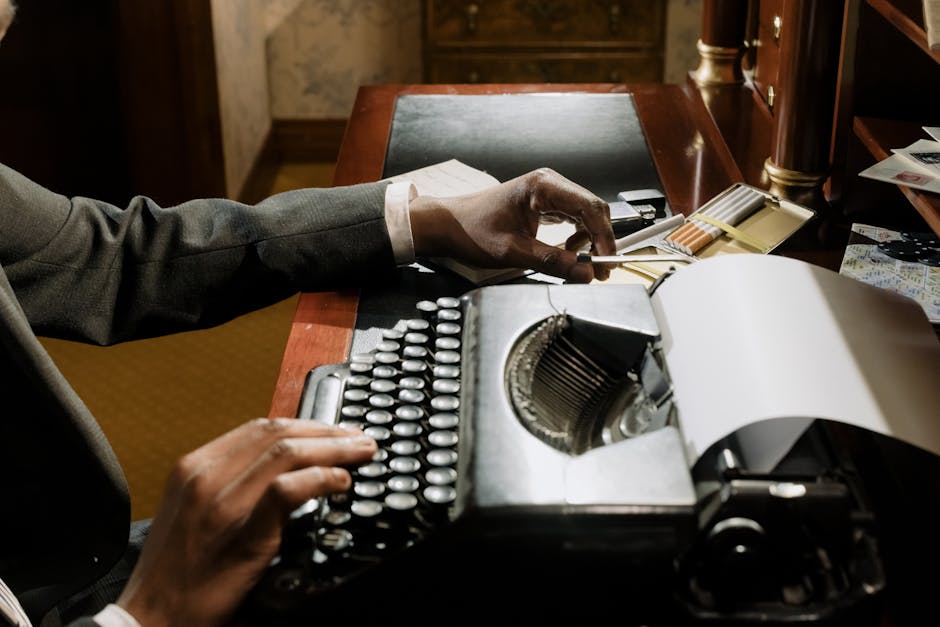The act of crafting fictional characters is a fundamental aspect of poetry and creative writing, breathing life into narratives and forging connections with readers. Beyond simple plot devices, characters are the heart and soul of compelling stories. But what prompts a writer to invest such energy in these imagined individuals? A deep dive into the motivations reveals a complex interplay of psychological, artistic, and even philosophical impulses.
A potent source of motivation for creating characters stems from the inherent human need to understand ourselves and the world around us. Characters, however imaginary, become vessels for exploring universal human experiences. A writer might feel compelled to create a character struggling with grief, for example, not just to develop a plot point, but to delve into the depths of that emotion and share its resonance with readers. This intimate exploration, this mirroring of human experience, acts as a catalyst for creative expression. The writer, in crafting the character’s journey, often inadvertently reflects upon their own experiences, fears, and aspirations, making the writing process a deeply personal one.
Beyond empathy, a writer might be driven by a desire for intellectual stimulation. Crafting characters forces a writer to consider intricate personalities, motivations, and internal conflicts. The challenge of developing a three-dimensional individual, complete with a nuanced backstory and believable actions, serves as a fertile ground for creative problem-solving. This intellectual sparring, this exercise in developing realistic and believable internal lives, can be immensely satisfying, fostering a sense of accomplishment and a deeper appreciation for the human condition. Furthermore, the process encourages a writer to engage with different perspectives, to step into the shoes of someone else, to think “outside the box” and thus further expand their own intellectual horizons.
The creative process is intrinsically linked to the urge to express oneself. Characters can act as extensions of the writer’s own self, embodying particular aspects of their identity or personality. A writer might find solace in creating a character who embodies an aspect of themselves they’ve suppressed or struggled with, offering a safe space for self-reflection. Conversely, characters can also embody opposing traits, allowing for exploration of contrasting perspectives and experiences. The writer’s voice might be amplified through the character’s actions and words, providing a creative outlet for ideas and emotions that might otherwise remain unexpressed. This exploration of the self through fiction is a profound motivation in itself.
The artistic need for originality and innovation is another driving force. A compelling character can elevate a story from the mundane to the remarkable. Writers often strive to create characters that are unique and memorable, possessing distinct personalities and motivations that set them apart from other literary figures. This quest for originality is not just about creating unique characters; it’s about crafting characters who contribute something new to the literary landscape, adding a fresh perspective or a novel interpretation to a familiar theme. Their presence enriches the narrative, providing a compelling counterpoint to the story’s events and adding depth to the reader’s understanding of the plot. Indeed, the development of novel characters fuels the imaginative fire.
The act of character creation often finds its roots in a desire for storytelling itself. The writer’s impetus might derive from a wish to weave a captivating narrative, to engage a reader, and to create an enduring impact. Characters are fundamental components of narratives, driving the plot forward and adding layers of meaning to the narrative itself. A meticulously crafted character, with a compelling arc, can draw readers in, fostering emotional connection and intellectual engagement. Ultimately, a compelling story relies on convincing and believable characters.
Philosophical considerations can also intertwine with character creation. Characters might embody certain philosophical viewpoints or grapple with fundamental questions about existence. Perhaps the writer aspires to use the fictional character to explore and express profound ideas, questions of morality, or societal issues. Characters that embody abstract ideas can be exceptionally powerful tools in creative writing, challenging preconceptions and encouraging critical thought in the reader.
Further motivating forces for writers include the inherent desire for personal connection. The writer hopes to create characters so vividly that readers feel connected to them, perhaps even identifying with them in some way. Characters can spark compassion, and empathy, fostering a profound connection between the writer and reader. This emotional resonance can be exceptionally satisfying for the writer, knowing they’ve ignited a spark of understanding in the reader.
Finally, a writer might be motivated by the sheer joy of the creative process itself. The act of bringing a fictional person to life, from blank page to compelling portrayal, can be inherently fulfilling. The writer finds pleasure in the challenge of imagining and developing a character, shaping their personality and experiences. The satisfaction derived from the act itself is a driving force.
In conclusion, the motivations behind creating fictional characters in poetry and creative writing are diverse and multifaceted. They range from an innate desire to understand the human condition to a profound need for artistic expression, to an exploration of philosophical concepts. The writer’s journey into character creation is a multifaceted one, driven by the desire to understand, connect, and ultimately enrich the reader’s experience, their own lives, and the written word.
